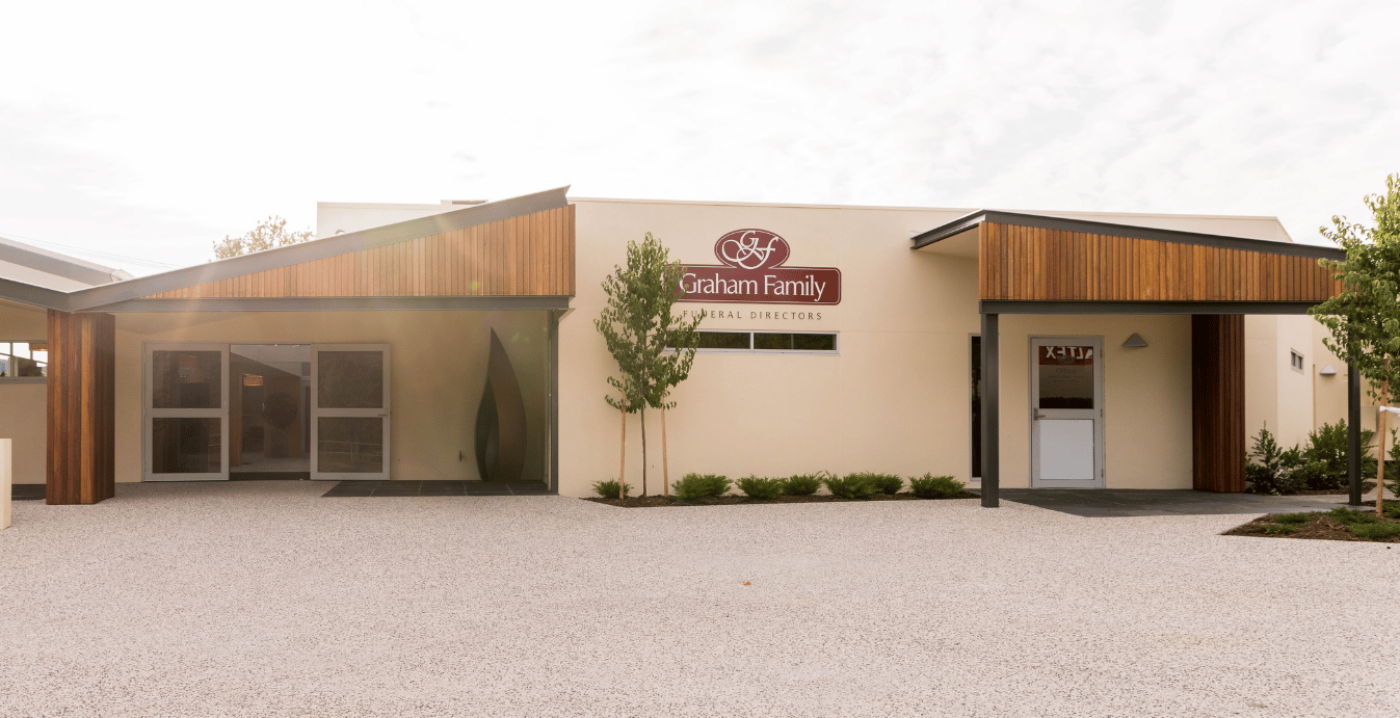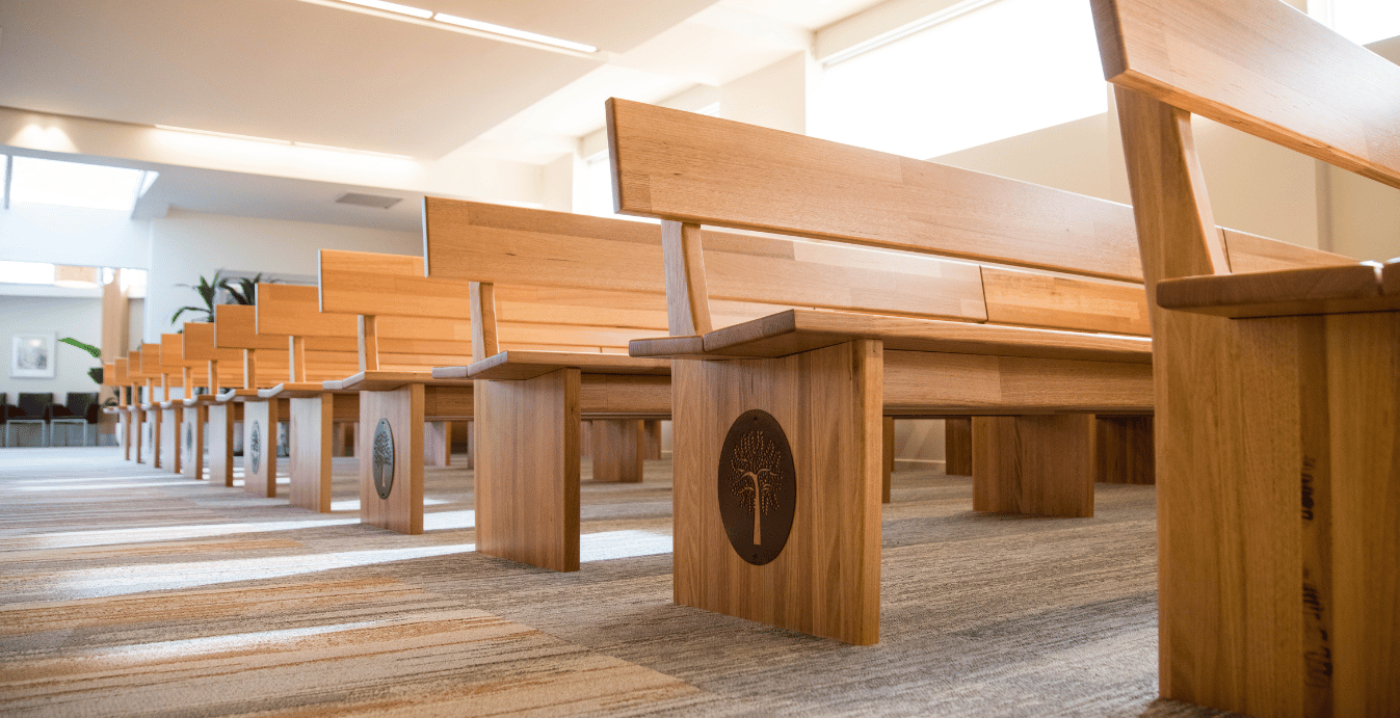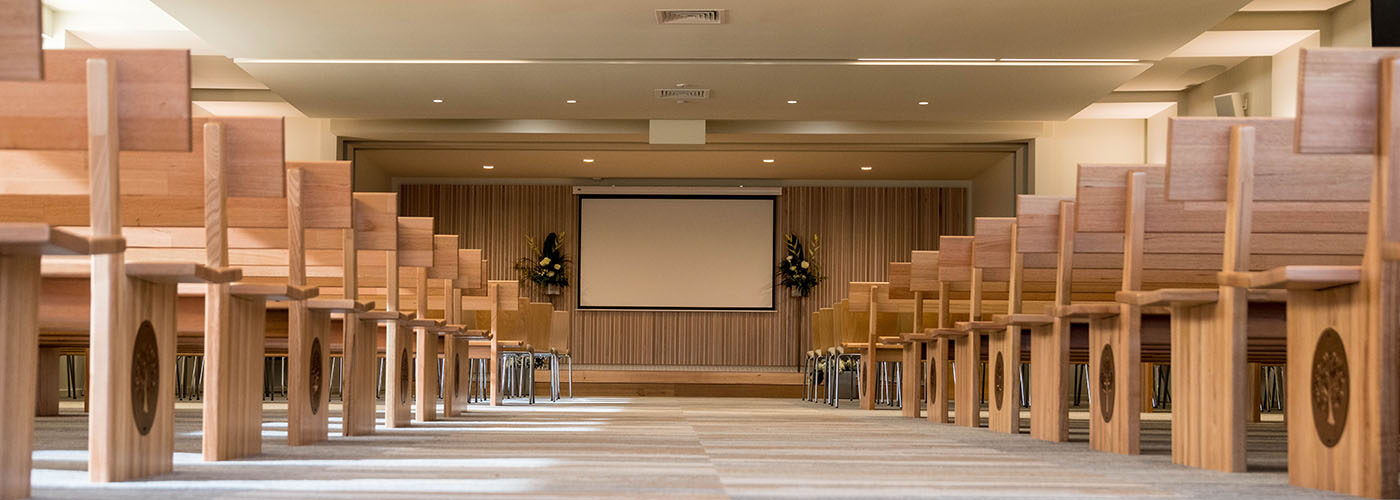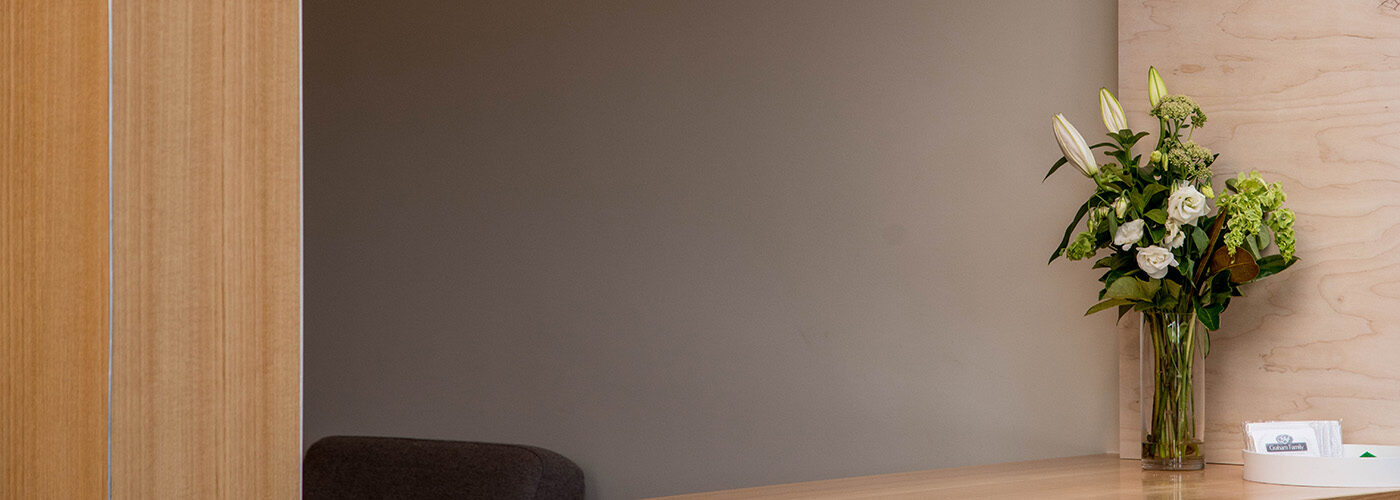The First 24 Hours
After the loss of a loved one, you may not know which steps to take first in preparing for a funeral. That’s why we’ve put together a booklet to help guide families through the funeral arrangement process.
Read “Being Prepared. A Guide to Arranging a Funeral” to help get you started.
PDF Resources
Being Prepared. A Guide to Arranging a Funeral.
Organisations to Notice When Someone Dies
Tips for Writing & Delivering a Eulogy
Grief and Bereavement
Grief is a natural response to loss. Each one of us, however, may experience it quite differently. It is a painful process with thoughts, feelings, and behaviours that may be difficult for us to understand. Family and friends may experience a range of emotions and behaviours including denial, fear, anger, guilt, lack of sleep and low self-esteem.
Bereavement describes the period after the death of a loved one. It’s a time in which we learn to live without them, when we learn to adjust to a new situation. There is no time limit to this process but the following may influence the length of our bereavement:
- Was the death sudden or unexpected?
- Was death preceded by a long illness?
- What was your relationship with the deceased?
- What has been your previous experience with grief? How did you cope?
- What support systems are available? (family, friends, community, church, counselling)
A Living Grief
When a loved one is placed into nursing care, a sense of guilt or relief may accompany more expected feelings, like sadness. Over the months and sometimes years in care, we may see many challenging changes in our loved one.
For those whose loved one has dementia, a different grief may arise, that of a living grief. Learning to love the new person, and letting go of what they once were, is an emotionally draining experience.
Grandchildren may find it difficult to visit the person in hospital, especially if they cannot communicate. Try talking about ‘what grandma did when she was your age’, and to look at old photographs to piece together the loved one’s life.
As life comes to a close, a million thoughts and memories come to us about the life lived and our future without that person. We tend to go into ‘busy mode’ – telephoning people, making funeral arrangements, organising food, wondering how we are going to survive the weeks, even years, after the death.
At this time, we encourage you to think about yourself as well as your family and friends. This is a time not to be hurried, a time to take care of yourself.
Looking After Yourself
When there is a death, you may find the following helpful:
- Don’t rush into organising everything yourself.
- Accept support and help from family, counsellors and the community (for example, your church group or doctor).
- Call your funeral director for their support and direction.
- Talk about the life of the deceased. Share your experiences of them with others. Each person will have a different relationship and different stories to tell.
- Write your thoughts down in a journal.
- Encourage young children to write or draw their memories about the deceased. Give them photographs so they can make their own book.
Grief Counselling
Graham Family Funerals’ commitment to your family does not end on the day of the funeral. Our funeral directors contact each family shortly after the service to offer any ongoing assistance and support during this difficult time.
We have a dedicated aftercare consultant who can assist you with all aspects of helping your family in the early days following the loss of a loved one. This is all part of the service we can offer you in the grieving process.





